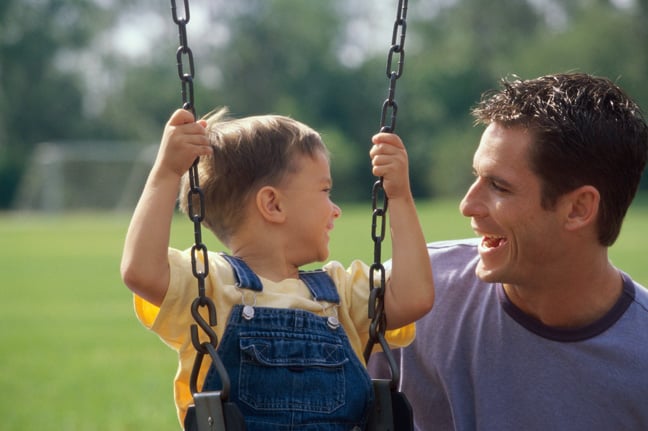Child Custody Laws in South Carolina

Family laws and courts across the country often have the same general standards and practices when it comes to child custody. The South Carolina child custody laws reflect many of these standards and practices. Although, there is no doubt that the South Carolina child custody laws will continue to update and change in the future. This makes it extremely important for co-parents to stay up-to-date with these laws and regulations.
Common types of custody awarded by the South Carolina child custody laws
Legal custody refers to the legal right and responsibility to make important decisions regarding a child. South Carolina child custody laws and courts heavily favor joint legal custody when the situation is appropriate. This requires co-parents to cooperate and work together in all major decisions regarding their child. Sole legal custody is just the opposite; only one co-parent is given these rights.
Physical custody refers to the right to have physical possession of the child, which includes the caretaker responsibilities for the child such as providing them with food, clothing, and shelter. South Carolina child custody laws and courts also prefer to grant joint physical custody. Joint physical custody means that both co-parents have rights to the physical possession of the child at certain times. Generally, when joint custody is awarded, the amount of physical possession is not evenly split between co-parents; the actual schedule may vary.
South Carolina child custody laws prefer to put the co-parents in control
Co-parents are encouraged to come to an agreement on custody before coming to court. They must create a parenting plan to submit to the court for review and approval. This can sometimes be a difficult task if you and your co-parent are in a high conflict relationship. In some cases, the courts will recommend a mediator to be present when discussing a parenting plan with your co-parent. If co-parents are not able to reach an agreement on a parenting plan it will be left up to the South Carolina child custody laws and courts to determine a custody arrangement.
How do South Carolina child custody laws determine custody?
Like most other states, South Carolina child custody laws will uphold the best interest of the child above all else when deciding issues of custody, support, and visitation. They will also look specifically at the willingness of both co-parents to encourage and facilitate a continuing and meaningful relationship between the child and the other co-parent. This could show a judge whether or not joint physical custody or sole physical custody would be more appropriate. Many family law professionals typically see joint physical custody as being in the best interest of the child since it requires the child to spend significant amounts of time with both co-parents. The South Carolina child custody laws and courts will do everything within their power to reduce the emotional impact on the child involved. The following are a few of the factors considered by the court in determining the best interest of the child.
- The preference of the child depending on age and maturity level.
- The physical and mental health of both co-parents and the child.
- Any evidence of physical or sexual abuse.
This information is not to be used as legal advice. For additional aide and legal information please consult with a South Carolina family law professional. For a list of resources in South Carolina visit our Helpful Links – South Carolina page. The OurFamilyWizard website® is dedicated to providing co-parents with the tools and resources they need to easily manage their custody agreements.
NOTE: Many state and federal laws use terms like ‘custody’ when referring to arrangements regarding parenting time and decision-making for a child. While this has been the case for many years, these are not the only terms currently used to refer to these topics.
Today, many family law practitioners and even laws within certain states use terms such as ‘parenting arrangements’ or ‘parenting responsibility,’ among others, when referring to matters surrounding legal and physical child custody. You will find these terms as well as custody used on the OurFamilyWizard website.